
Founder of @CLT_Exam, the fastest growing standardized test in America 🇺🇸
32 subscribers
How to get URL link on X (Twitter) App

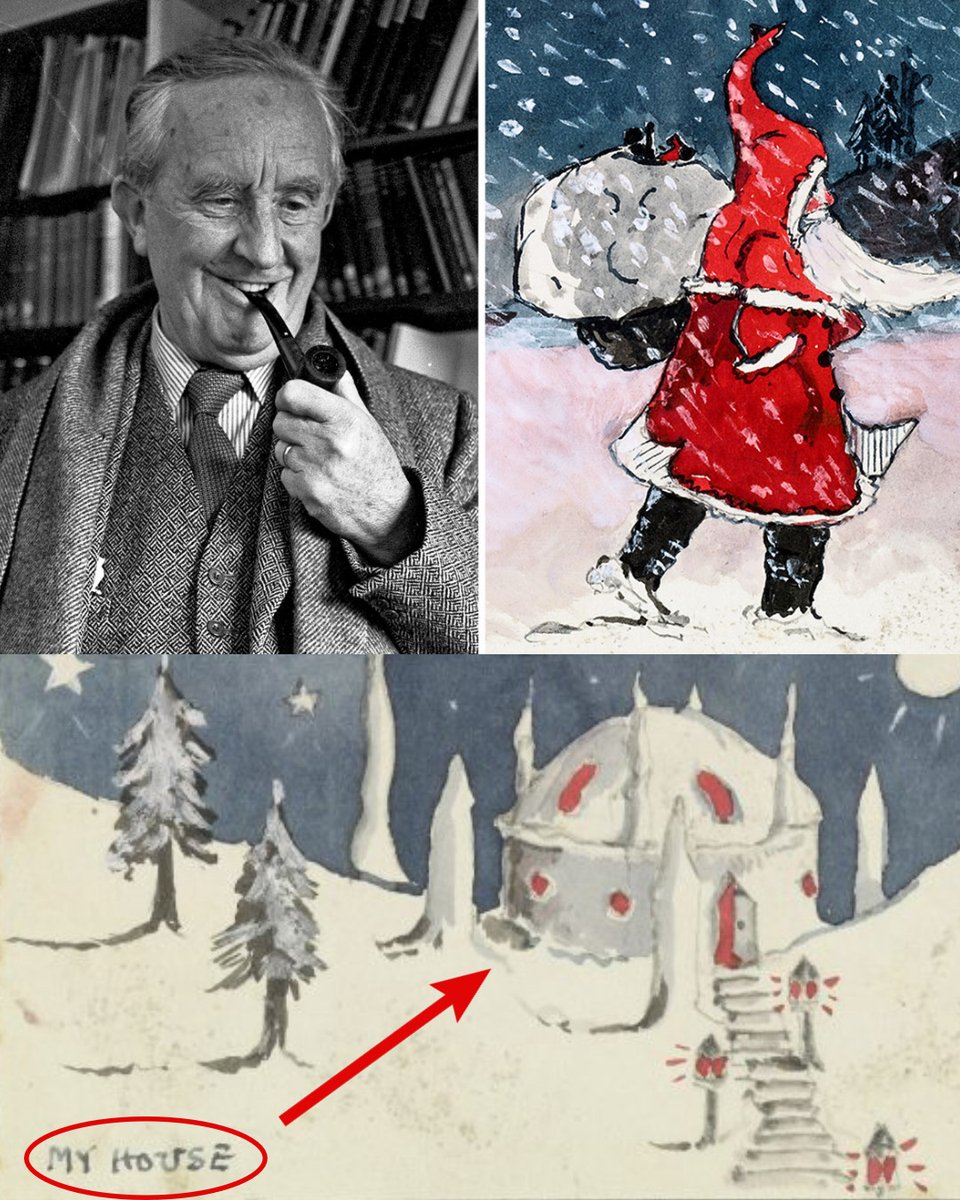
 In 1920, Tolkien’s first Father Christmas letter arrived at the Oxford home of his three-year-old son, John.
In 1920, Tolkien’s first Father Christmas letter arrived at the Oxford home of his three-year-old son, John.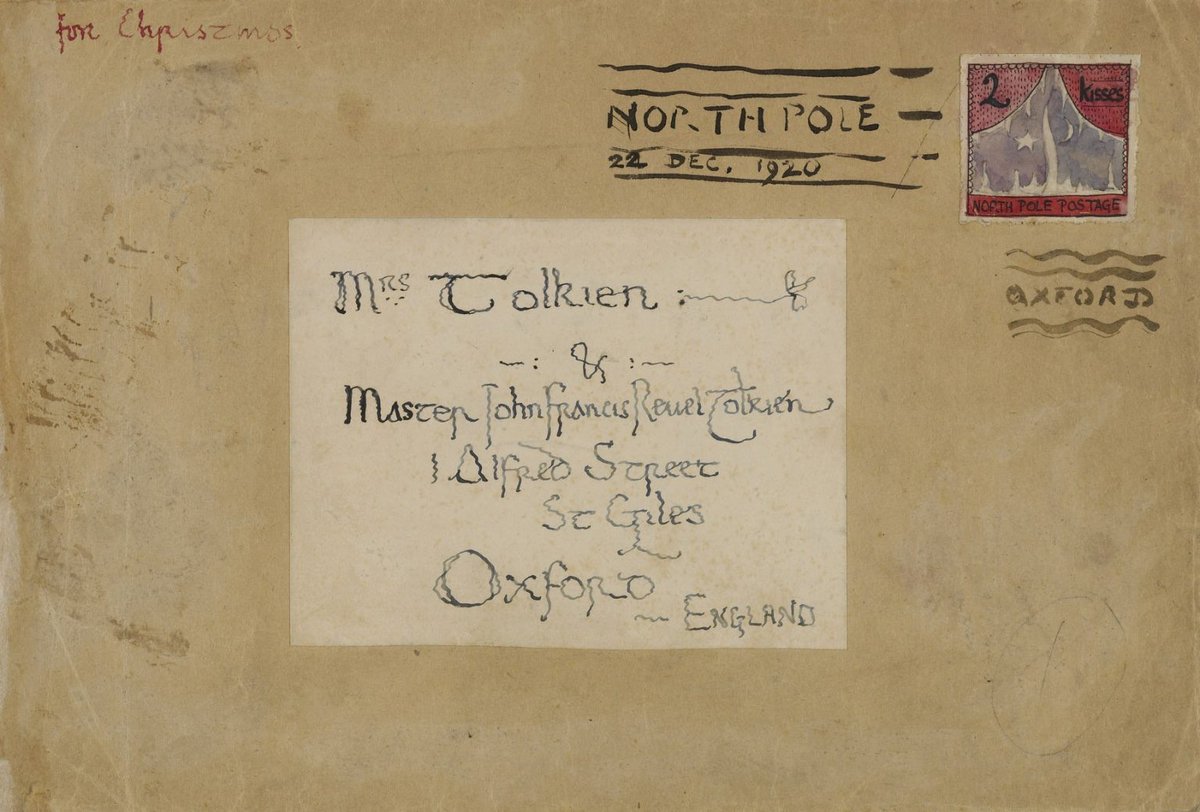

 "I should not proceed by land to the East, as is custom, but by a Westerly route, in which direction we have hitherto no certain evidence that any one has gone."
"I should not proceed by land to the East, as is custom, but by a Westerly route, in which direction we have hitherto no certain evidence that any one has gone."

 1. The Basilica of Saint Francis of Assisi, begun in 1228, includes two churches (Upper and Lower) and a crypt with the saint’s remains.
1. The Basilica of Saint Francis of Assisi, begun in 1228, includes two churches (Upper and Lower) and a crypt with the saint’s remains. 
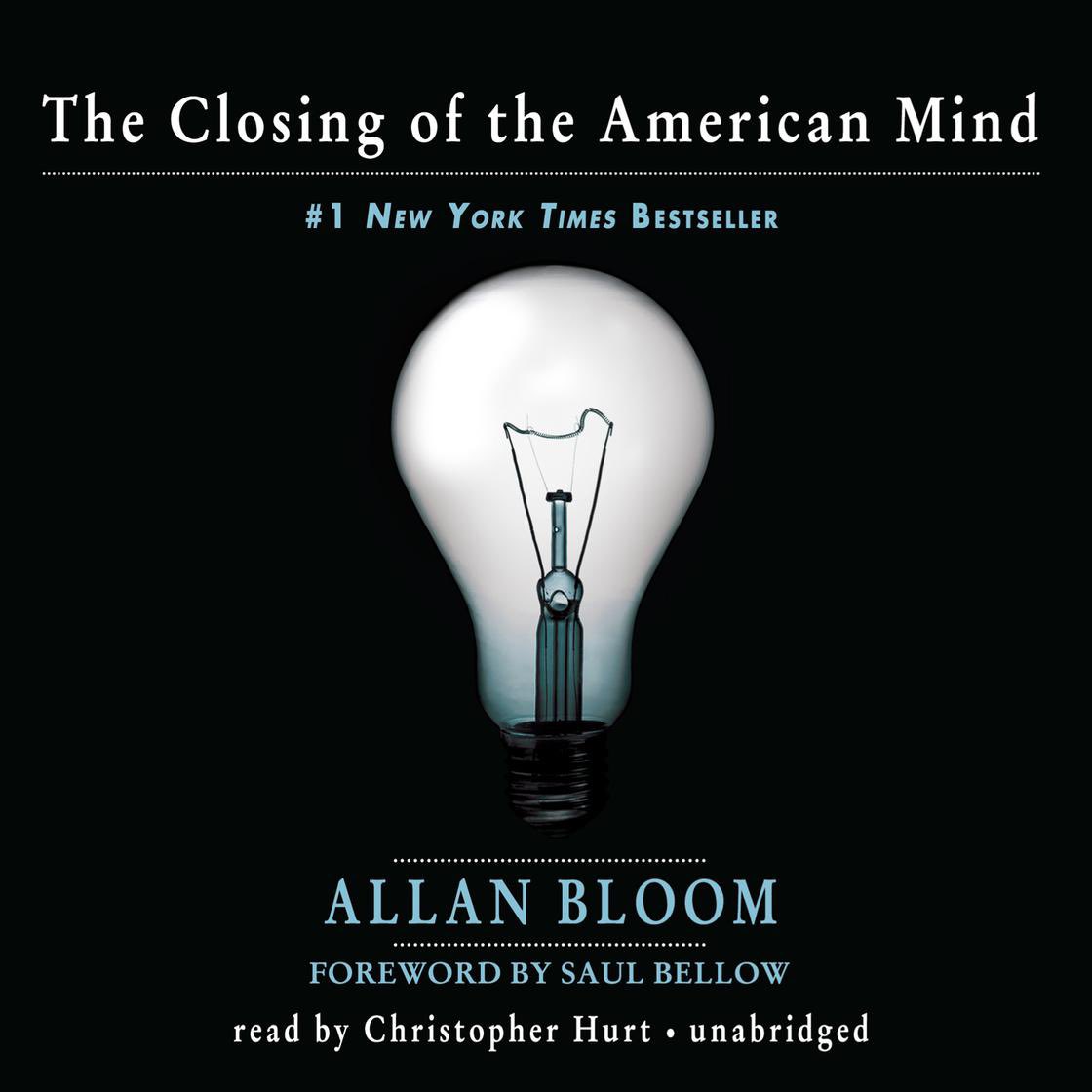
 1) We are like ignorant shepherds living on a site where great civilizations once flourished. The shepherds play with the fragments that pop up to the surface, having no notion of the beautiful structures of which they were once a part.
1) We are like ignorant shepherds living on a site where great civilizations once flourished. The shepherds play with the fragments that pop up to the surface, having no notion of the beautiful structures of which they were once a part.


 1) The basic purpose for a why we educate has dramatically changed and what we have replaced the ancient telos with may unravel civilization itself. As soon as I finished reading The Abolition of Man I started over and read it again. This is a must read.
1) The basic purpose for a why we educate has dramatically changed and what we have replaced the ancient telos with may unravel civilization itself. As soon as I finished reading The Abolition of Man I started over and read it again. This is a must read. 
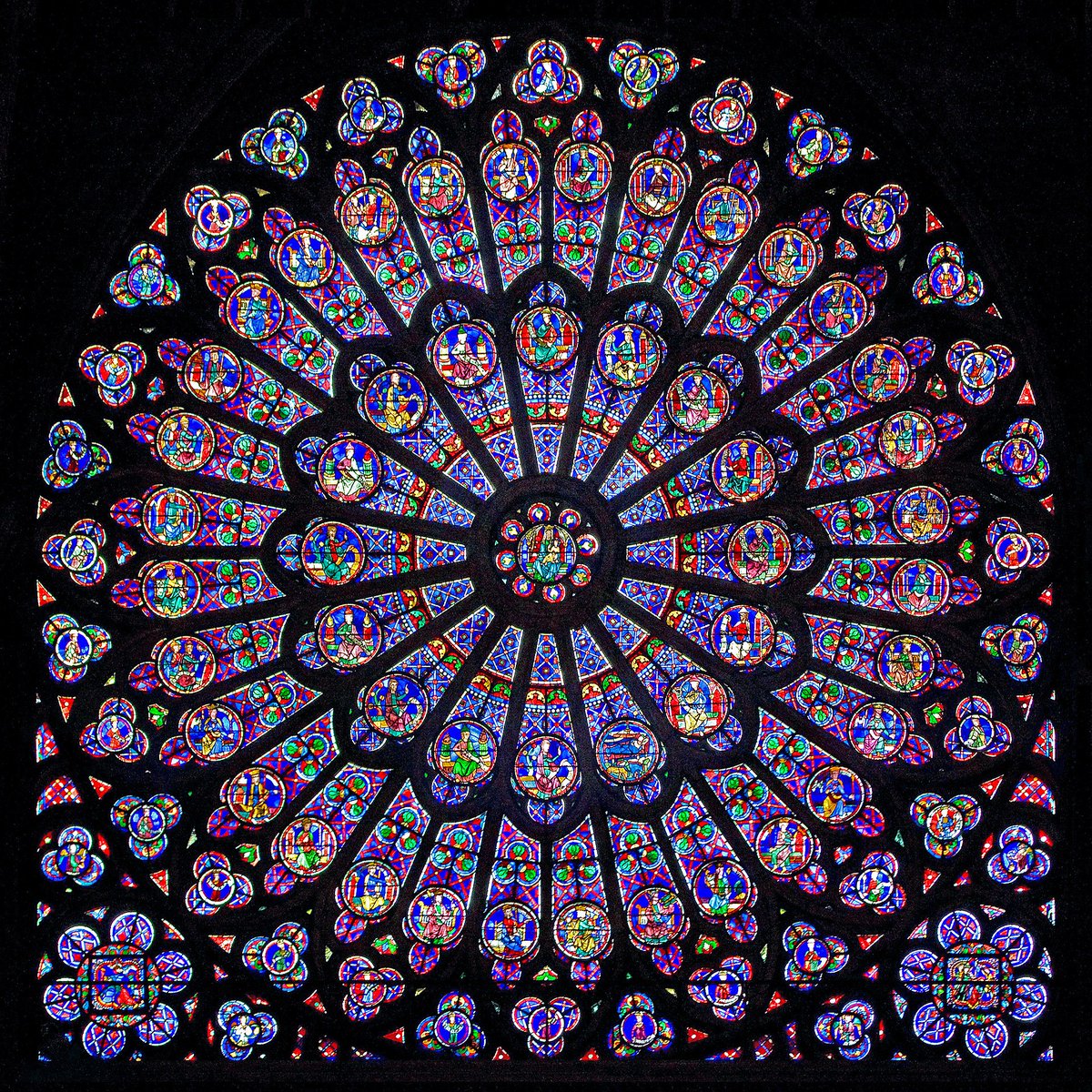

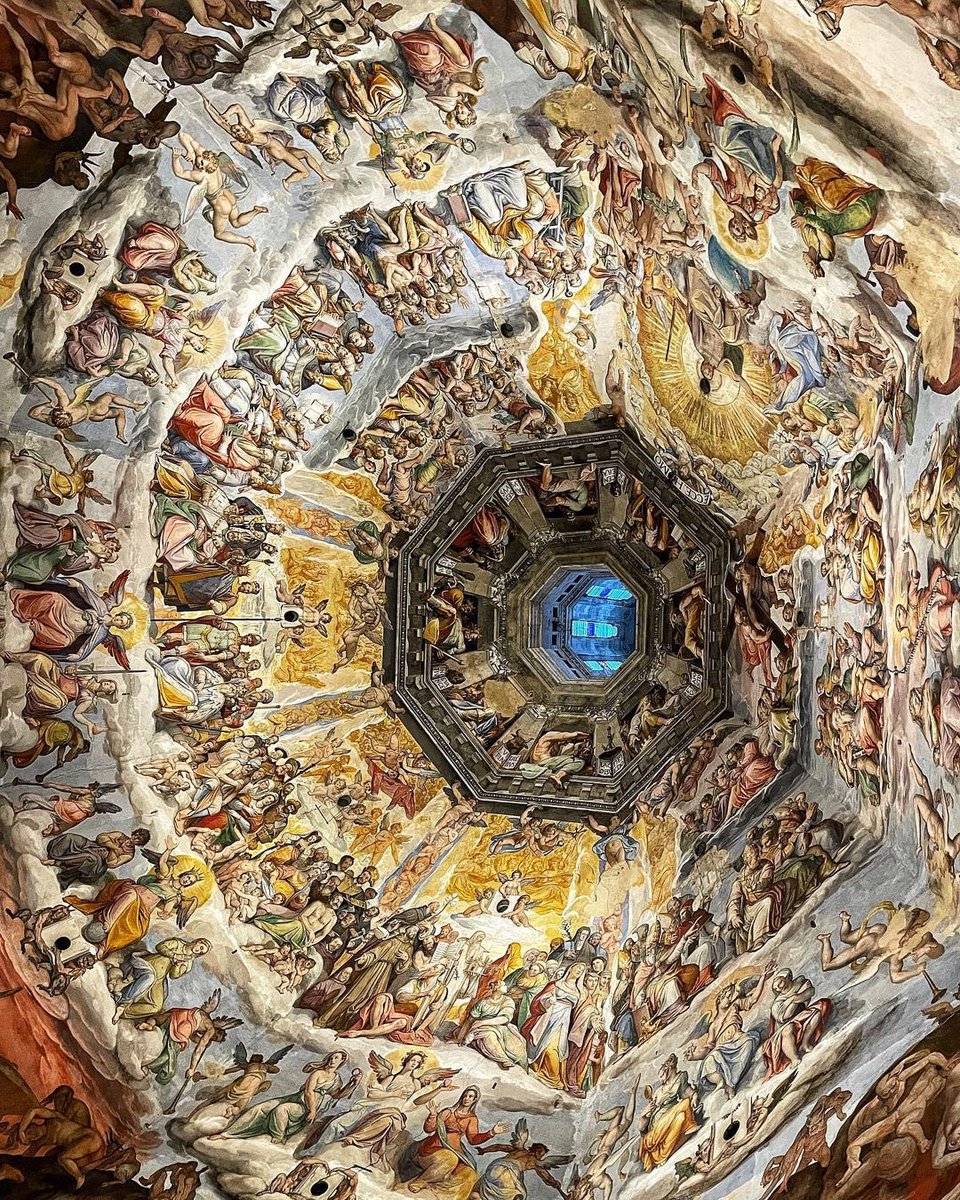
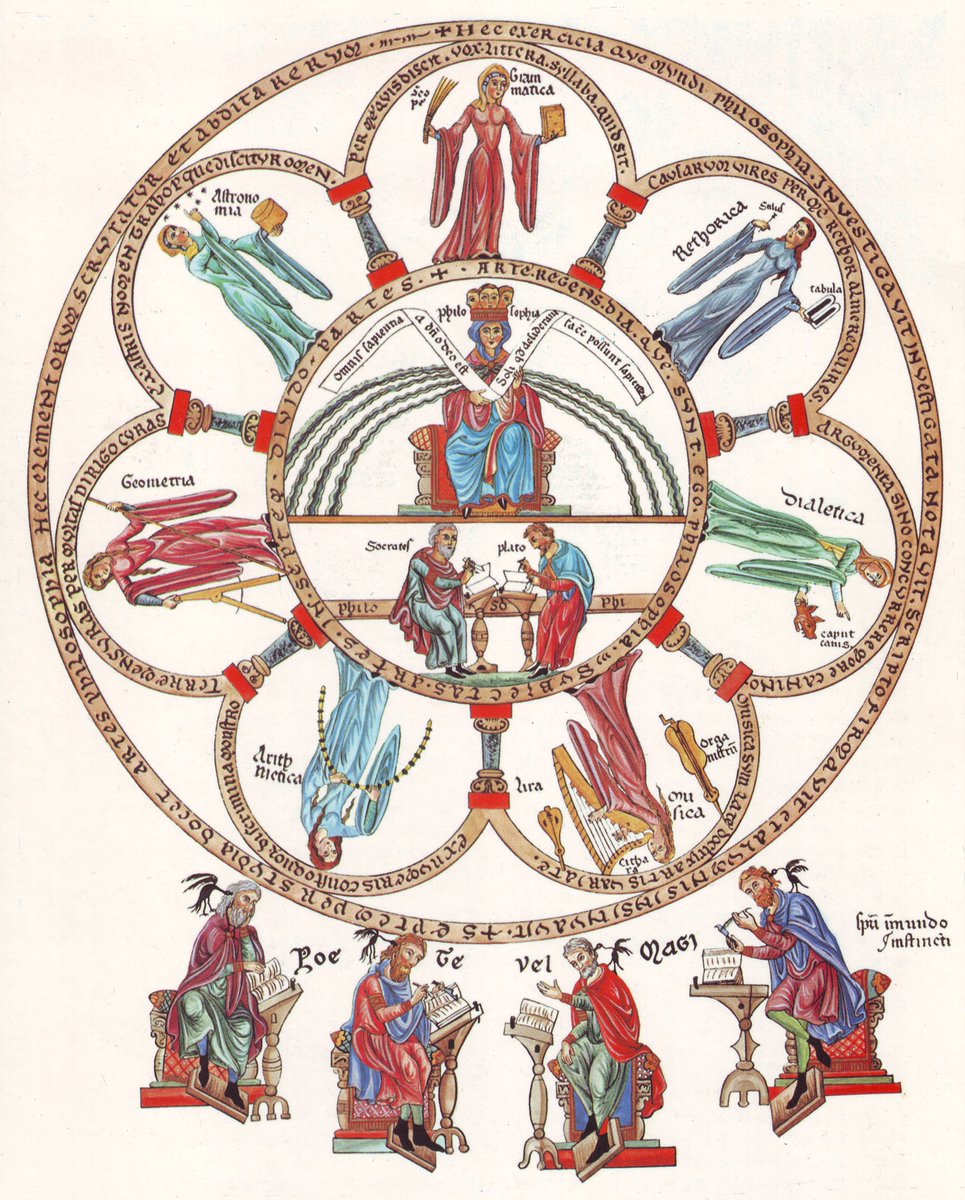
 We're told students today can't read, won't think, and only care about careers.
We're told students today can't read, won't think, and only care about careers. 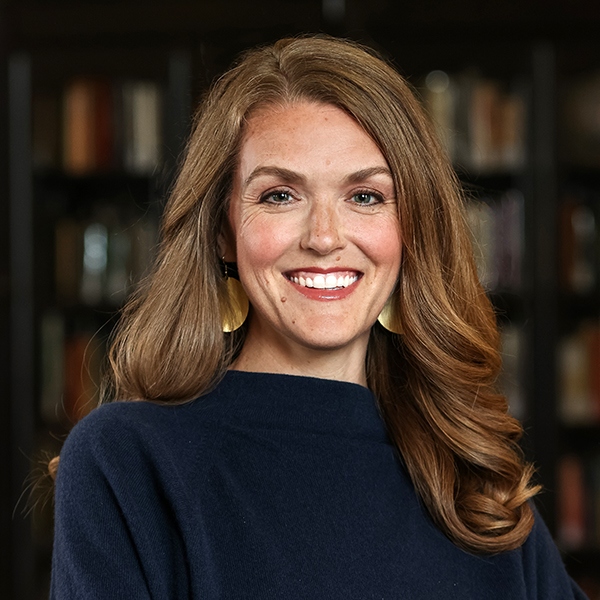

 1) Socialism of any type and shade leads to a total destruction of the human spirit and to a leveling of mankind into death.
1) Socialism of any type and shade leads to a total destruction of the human spirit and to a leveling of mankind into death.





